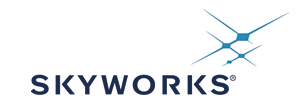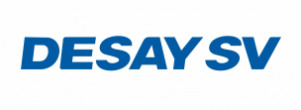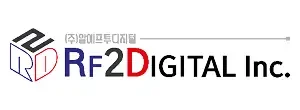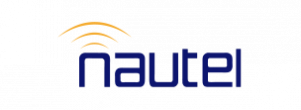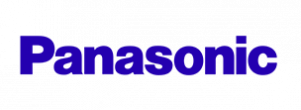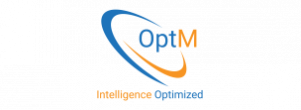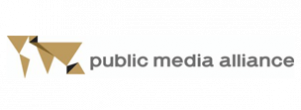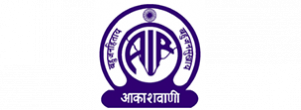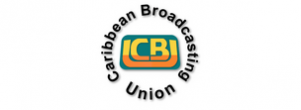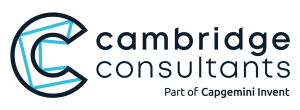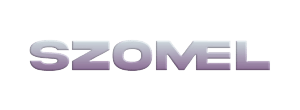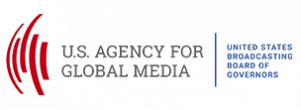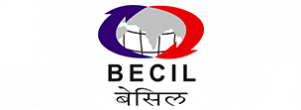[vc_row css_animation=”” row_type=”row” use_row_as_full_screen_section=”no” type=”full_width” angled_section=”no” text_align=”left” background_image_as_pattern=”without_pattern”][vc_column][vc_column_text]The DRM Consortium eLearning sponsored and participated in the 16th Africa international conference and exhibition hosted this year at the end of May in Dakar, Senegal: elearning-africa.com.
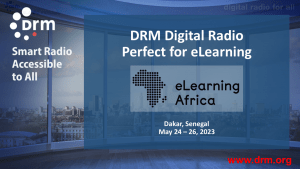 [/vc_column_text][vc_empty_space][vc_column_text]This event, held since 2005, attracted again participants from all over the world, with the majority from Africa and Europe.
[/vc_column_text][vc_empty_space][vc_column_text]This event, held since 2005, attracted again participants from all over the world, with the majority from Africa and Europe.
For the DRM Consortium this was though a first and, as a major sponsor, it decided to open its own booth to the many visitors. The DRM Consortium representatives also took part in a very well-attended (full!) conference session which enjoyed a lot of positive feedback. The DRM presentation highlighted that the DRM, all-frequency bands, open and green digital broadcasting standard, is perfect for eLearning, as it can deliver distance education for All, making lessons available in several languages simultaneously without the need for internet. The DRM session stressed the idea that innovative learning solutions can be made available that don’t need internet to make education and literacy materials accessible to learners in low-resource settings. Participants gained valuable and practical insights through different examples of how students can be tutored through low-bandwidth video content, gamified simulations, quizzes, podcasts, and books – as well as audio, textbook and graphical content via DRM Digital Radio using Shortwave broadcasts.
The participants appreciated the idea of having eLearning content delivered to sites and people without internet access. They felt this could be a basic service without barriers available to any kind of audience and those without internet access.
The other side of the coin was that in Dakar there were representatives of companies or institutions who have content and are interested to explore how they could use digital radio to get this content to students without internet access.
Together with our partners, we have devised a plan to deliver educational material without the need for any Internet connectivity as a tester of the concept. We hope to conclude this project and continue to roll it out by using just the existing DRM digital radio features. This means that one, or even multiple audio lessons along with Journaline textbook information, can be broadcast on a radio transmitter. This audio and text information can be delivered equally by local community radio services or also via efficient large-area services using the shortwave bands. The digital broadcast signal will be received by a digital radio receiver that also contains storage (e.g., SD Card) and a Wi-Fi chipset acting as Wi-Fi hotspot with integrated webserver. Students can connect to this device with entry level phones, cheap tablets, or Smart TV‘s which then connects and serves as classroom whiteboards. There is no internet or satellite link required as the data are received via terrestrial broadcast.
For more information go to: pocket.drm.org or view a short video about Education via DRM.[/vc_column_text][vc_empty_space][/vc_column][/vc_row][vc_row css_animation=”” row_type=”row” use_row_as_full_screen_section=”no” type=”full_width” angled_section=”no” text_align=”left” background_image_as_pattern=”without_pattern”][vc_column][image_slider_no_space on_click=”prettyphoto” height=”550″ images=”12756,12757,12755,12754,12752,12753,12761″][/vc_column][/vc_row]


